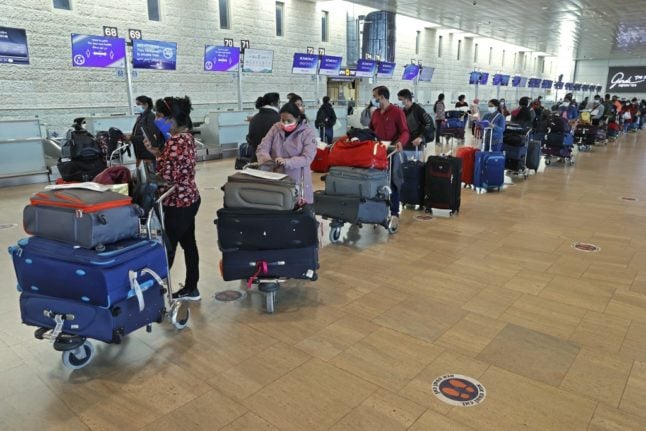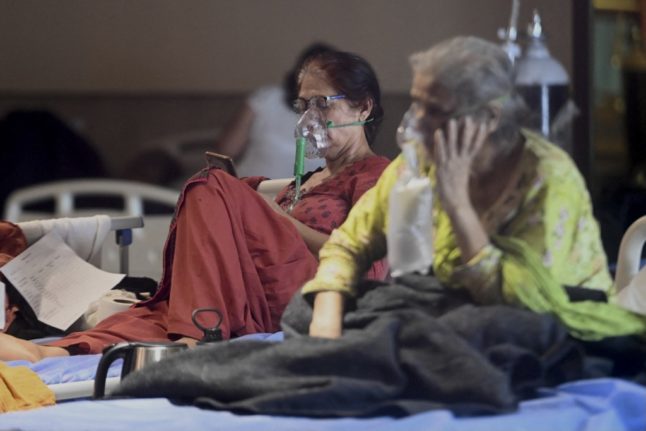The deal to purchase 12 luxury helicopters for use by VIPs came under scrutiny in India earlier this year after investigators in Italy began looking into allegations that AgustaWestland had paid bribes to foreign officials, the Press Trust of India reported.
The Comptroller and Auditor General of India's report, formally presented in parliament on Tuesday, said the defence ministry "deviated from procurement procedure and tender on several instances in the deal", according to PTI.
The auditors also questioned the decision of the former air force chief, S.P. Tyagi in 2007 to conduct the helicopter trials overseas.
Indian detectives raided Tyagi's home as part of a separate investigation into allegations that bribes helped swing the deal in favour of AgustaWestland, which is based in Britain but owned by Italian firm Finmeccanica.
India put payments to the companies on hold in February and threatened punitive action against the firm if any wrongdoing was uncovered.
Italian prosecutors suspect that kickbacks worth around 10 percent of the deal, or €50 million, were paid to Indian officials to ensure AgustaWestland won the contract, according to Italian media reports.
Cash was allegedly handed to Tyagi's cousin with more money funnelled via a web of middlemen and companies in London, Switzerland, Tunisia and Mauritius.
Finmeccanica's former boss Giuseppe Orsi, currently on trial for bribery in Milan, has denied any wrongdoing.
The chopper deal was cleared by Indian Prime Minister Manmohan Singh, whose Congress-led government has been hit by a series of corruption scandals that analysts say could scupper the party's electoral chances in national polls next year.
India has already received three of the choppers. The rest were to be delivered by the end of 2014.




 Please whitelist us to continue reading.
Please whitelist us to continue reading.
Member comments